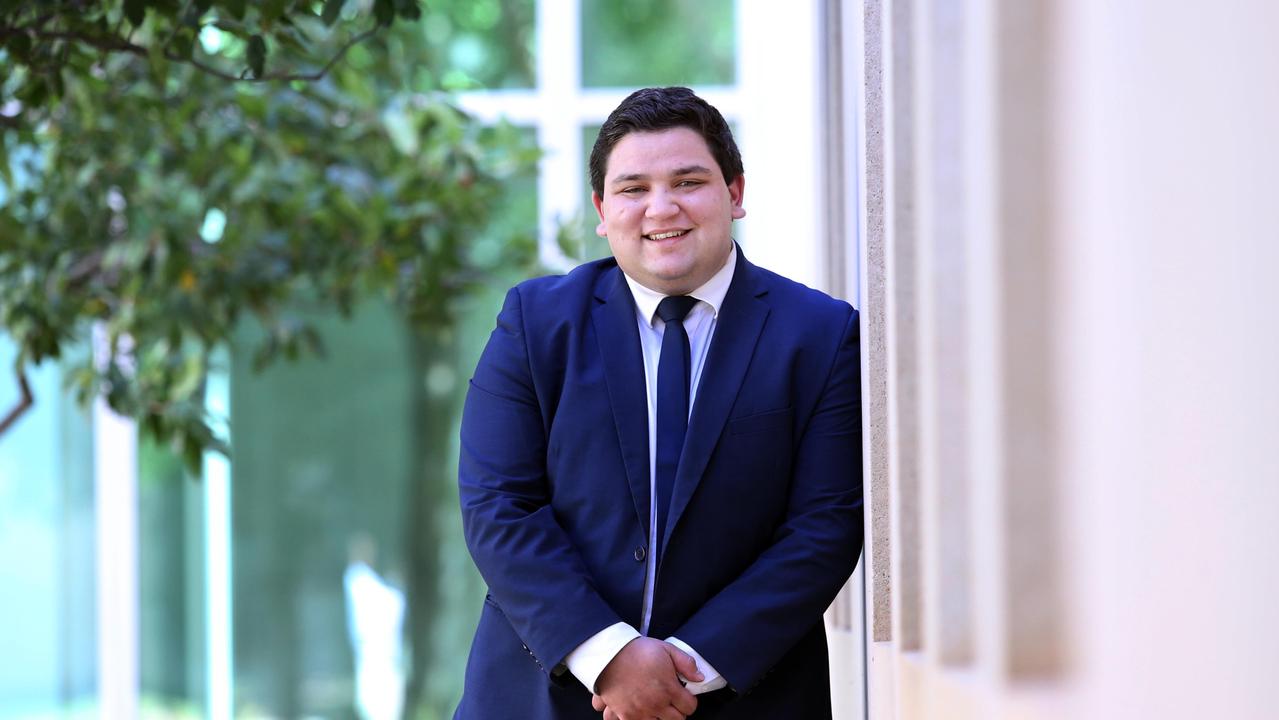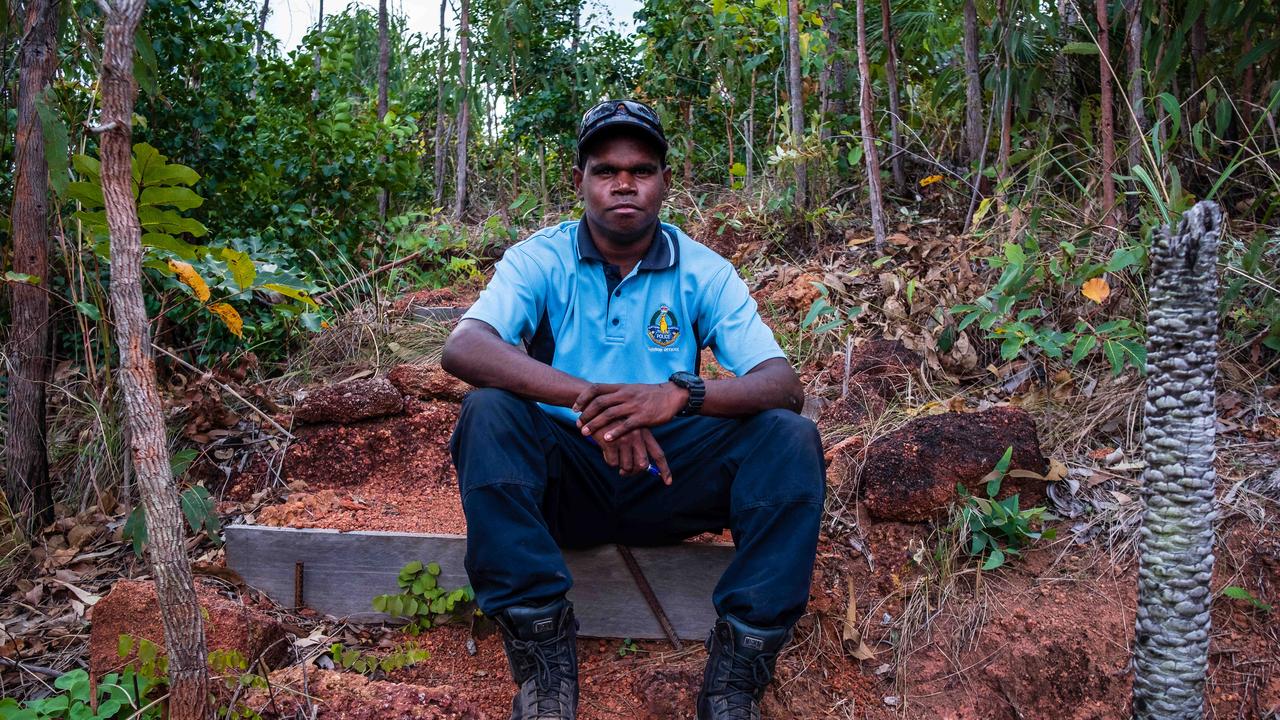Breaking the cycle of aboriginal inequality
EARLIER this year the Australian Indigenous Education Foundation asked Newspoll to conduct a survey about attitudes to indigenous issues and found most Australians don't believe they will see an indigenous prime minister in their lifetime.
It certainly won't happen if governments and other organisations just keep doing what they have done before. But at AIEF we know it is possible because we have evidence to prove it.
Indigenous education is an area littered with expensive failures and placebo policies, where billions of dollars are wasted on programs with defective design, high costs, poor implementation and weak results. This is the consistent conclusion of studies commissioned by governments nationally.
AIEF is a standout workhorse in the field. and our results speak for themselves - fDepartment of Education, Employment and Workplace Relations statistics show AIEF has the highest Year 12 completion rate of any program in Australia. Ninety per cent of indigenous students on our scholarships complete Year 12, whereas the national rate for indigenous students is just more than 50 per cent. Nearly 100 per cent of the students completing Year 12 on AIEF scholarships have made a successful transition to university or employment. Those who haven't receive one-on-one case management until they do. None is left behind.
AIEF commissioned Newspoll to survey voting intentions. Education generally rates in the top three to four issues at every poll, and AIEF's survey found four in 10 Australians see indigenous education as very important; a similar proportion thought it quite important. Newspoll analysis showed indigenous education policy would affect the way 74 per cent would vote.
Indigenous employment and economic development are vital to breaking the cycle of indigenous inequality. But the prospects of real jobs and real economic development will remain only wishful aspirations if indigenous children don't have a standard of education that renders them employable.
Tony Abbott recognised this vital link when we were in northeast Arnhem Land recently. "We will know reconciliation has been achieved when Aboriginal people have the same educational attainments, the same life expectancy and the same employment prospects as everyone else," he said.
Historically there has been a plethora of placebo policies, ineffectual treatment intended to deceive the recipient. Sometimes patients given placebos have a perceived improvement in their condition, but here we aren't talking about a perception, we are talking about losing a generation of Australian children, and the nightmare isn't imagined, it is real.
Hard-headed business principles are too rarely brought to bear on challenging social issues, but there are three private-sector principles that have informed AIEF's strategies. First, have a long-term plan with long-term funding. Second, have an uncompromising focus on results. Third, be efficient, so strong results can be achieved with low costs.
AIEF was designed with a 20-year business model and 20-year funding. This avoids getting caught in a bureaucratic malaise and a cycle of pilots, short-term political fixes and publicity stunts that achieve nothing. Kevin Rudd recognised the importance of this approach with a 20-year funding contract for an initial $20 million investment in 2009.
AIEF has increased this to nearly $80m in four years, enabling us to educate thousands of indigenous children for the next 15 years, but we still can't keep up with demand.
AIEF's low-cost base sets a benchmark for the non-profit sector, having spent an amount equivalent to only 2.6 per cent of its scholarship funding on total costs to date. In my 10 years in the sector I haven't seen anything lower than this. AIEF achieves this by scalable program design and by leveraging the time and expertise of our corporate partners, schools and other stakeholders.
Many issues will engage Australians in the election but there are a few core ideals. One is that the future of our nation depends on giving our children the best possible start, and that requires quality education. Australians also cherish the principle that all citizens deserve an equal shot at life.
While we won't get an indigenous PM this time, whoever does attain that office next week can bring that day closer by giving more robust support to the focused and highly productive idealism of AIEF and its corporate partners.
Andrew Penfold is chief executive of the Australian Indigenous Education Foundation.


